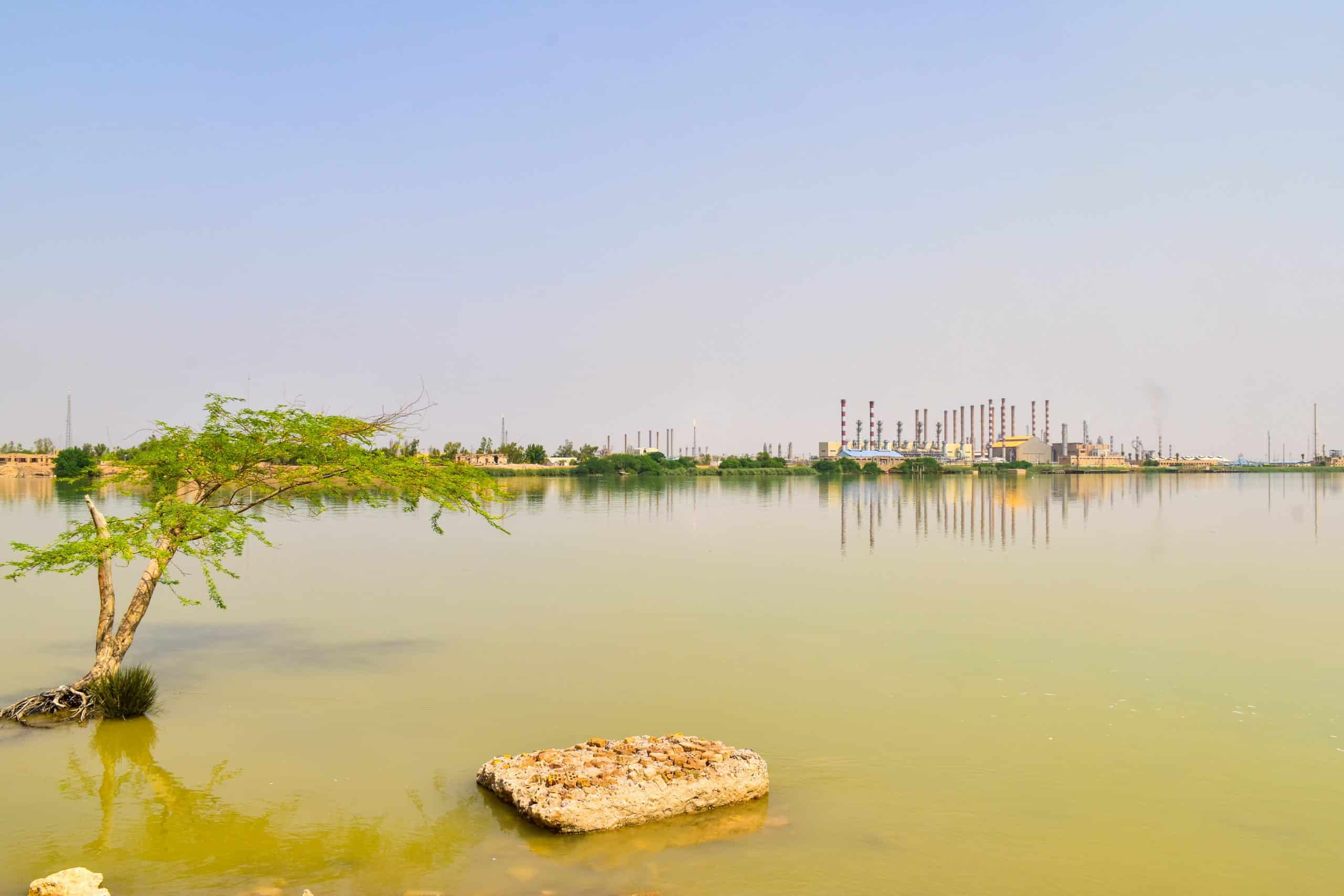The United Nations’ top human rights official, Volker Türk, has issued a warning over the potential wider regional impact of Iraq’s water crisis. Speaking at a news conference in Baghdad on Wednesday, following a four-day visit to various parts of the country, Türk detailed the significant decline in water levels in the Tigris and Euphrates rivers, which constitute more than 90% of Iraq’s freshwater reserves.
The situation has worsened over the years, partially due to the construction of dams and water diversion upstream in Turkey and Iran. Türk expressed his personal observations on the tangible effects of climate change in the southern Iraqi region of Basra, stating, “Standing in searing heat in that scarred landscape, breathing air polluted by the many gas flares dotting the region, it was clear to me that the era of global boiling has indeed begun.”
He went on to describe the situation as a “climate emergency” and emphasised the urgent need for action. Iraq has been identified by the UN as the fifth most vulnerable country to the climate crisis, facing increased loss of arable land owing to salinisation, reduced rainfall, and extended heatwaves.
The crisis stems from a “toxic mix” of factors, including global warming, reduced rainfall, lack of effective water management and regulation, violence, and oil industry excesses. Basra, where the two rivers meet, has been the most severely affected by the water crisis, leading to desertification in previously fertile areas and shutting down water purification systems due to rising salinity.
The impact extends to the destruction of wheat and fruit harvests and the decimation of fish and livestock. Concerns have been raised that millions of people could be deprived of water from the Euphrates and Tigris Rivers, affecting neighbouring Syria as well.
While Türk acknowledged the Iraqi government’s commitment to addressing climate change and water scarcity, he criticised ongoing legal actions against journalists and activists covering the matter, highlighting the negative effect on freedom of speech. He also expressed concerns over reports of violence, intimidation, and death threats against environmental activists and stressed the importance of transparency and collaboration.
In his meetings with Iraqi government and judicial officials, including Prime Minister Mohammed Al-Sudani and Speaker Mohammed Al-Halbousi, Türk discussed various human rights issues, such as the death penalty, overcrowded prisons, and the strengthening of human rights institutions in the country.
The UN human rights chief’s alarming observations and call for immediate action underline the escalating crisis and draw attention to the potential broader implications for the region, highlighting the urgent need for comprehensive measures to mitigate the unfolding disaster.



















